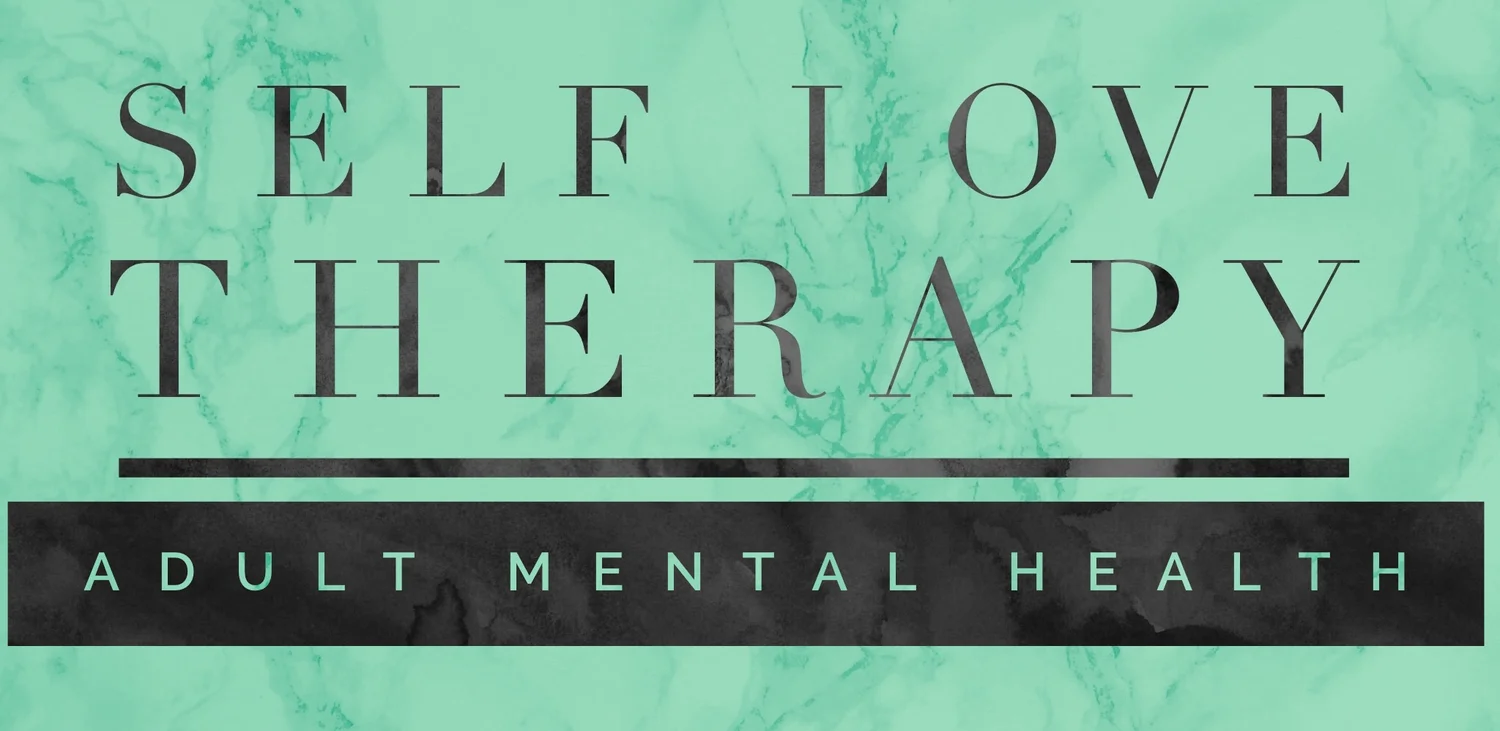At the end of our talk we had decided that love is
overstated but underrated among modern humans.
I am sipping my favorite honey ginger lemon tea listening to Jesse Cook's soulful music on Thursday evening. I will share a useful conversation that I had with another therapist. She said she believed anyone who says love is overrated hasn’t experienced true love and added: “love needs an object to manifest itself.” As we sipped our tea, she made me think of history filled with expressions of love and devotion for something or someone worthy of it – be it love for one’s nation, God or gods, or the scent of the beloved.
We both agreed love expressions are widespread. We say love and hate quite frequently, many times to express our personal opinions about transient and mundane matters. We have understood from the intricacies of romance that love also has a direction and can increase or decrease in intensity according to how we relate to each other. Common in all expressions, however, love appears to be found in our actions: we do something when we love. So, we agreed self-love is viewed in terms of action(s) taken towards the self.
As in the beginning there was the word, we felt compelled to look at the language of self-love in day-to-day expressions in English, Farsi and Spanish. We found love can be a verb, subject, object or an adjective. To connect them, I offered self is a unique experience of awareness that the person or thinker has through which he recognizes his existence in a particular physical form and psychological state, both appearing in a particular moment and at the same time. Insofar we thought, self-love is an experience that originates from and returns to one's self.
Common social directives – such as "you have to love yourself more," "if he only loved himself, this wouldn't have happened to him," or "you can't love another person until you love yourself first" – point to an action that can only be taken by a person towards (and not necessarily only for) herself in order to achieve more living fulfillment. Self-love, hence, is an action-inspired state of awareness that is also responsible for self-generated desirable experiences of an autonomous person. Indeed we help create our own mental states through our actions.
We lastly spoke about another definition of self-love that is only understood with an open mind and so not to be mistaken by the entirely separate inquiry – how do I love my “self?” I think self-love is a state of conscious positive regard for oneself that stems from actions that uphold growth in all dimensions of human experience – be it of personal, interpersonal or spiritual nature. In this way, self-love actions are dynamic: actions that mature us despite our limiting beliefs are many and the opportunities are tremendous. In a world where positive initiatives of love are at times only minimally appreciated by others, self-deceiving clichés such as “I have no time for that” are reinforced to strip us of our attention to self.
Perhaps, self-love is best understood through its impact on our life. It’s when we begin to accept much better our weaknesses as well as our strengths that we feel less need to explain, conceal or distort our shortcomings. It is through cultivating compassion for our own humanness struggling to find personal meaning that we become more centered in our life purpose and values. Proclaiming his religion to be love, the mystique poet, Rumi, urged not to merely seek love but to remove the barriers that we have built against it. Perhaps our task in the domain of love is to expect living fulfillment through our own efforts and our own efforts only.
In the next self love biweekly, I will introduce the triangle of self-love. Thanks for sharing your time here! To maintain confidentiality rights, I welcome you to share how you define self-love for yourself through direct messaging me.
May all be affected by the power of self-love!
Dr. Hessam



